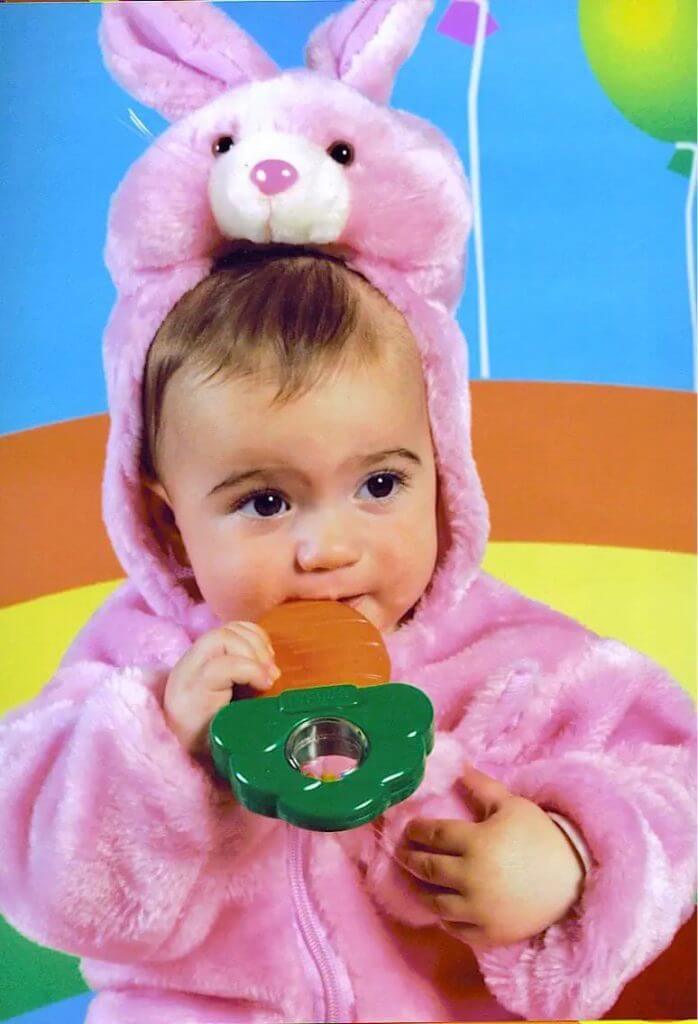
Fever after vaccines given at the age of 1 year (and generally after all vaccines) – what not to miss
A nice topic I run into here and there.
The main take home message for this short chapter is that you should not be blaming your one-year vaccines for your child’s high or prolonged fever, and see your primary care physician for an assessment as needed.
This chapter discusses that encounter with your nurse of physician when your child turns one but can be applied to all the other vaccine encounters, as well.
What am I talking about? Let’s get started.
What are the vaccines that are usually given to an infant when they turn one and what are their side effects?
In most countries around the world, this is the time when an infant receives the MMRV vaccine which contains the measles/mumps/rubella/varicella vaccines – a live attenuated vaccine administered as a subcutaneous injection whose side effects may differ. In some countries there are other vaccines given during this encounter, as well.
What are the potential side effects of the MMRV vaccine?
Beyond the obvious, which is mild tenderness at the site of the injection (subcutaneous injections are typically less painful than intramuscular injections) in the 24 hours after the vaccine, this live attenuated vaccine can have side effects that can manifest 5-12 days following the vaccine administration.
Now, for the sake of practicality, I will not review all the different possible side effects but rather focus on fever which can develop during this interval.
What does fever within the two weeks following vaccine mean?
Let’s think about this together, from your own experience and my own experience, what are the chances that a one-year-old child will develop fever at any given time within a two week period during winter? I think the chance of that happening is close to 100%, with or without having taken a vaccine.
That is why when a child develops fever within the two weeks following the vaccine, the parents tend to blame the vaccine for it. But is it truly the vaccine, or is it an infection that is not associated with the vaccine?
How can we differentiate between fever that is associated with the vaccine versus fever due to an infection?
There are two main differences: prevalence and intensity.
Prevalence – the prevalence of fever within the two weeks after a vaccine is less than 5%. Which means that even though everyone talks about fever after this vaccine, about 95% of children do not even develop this side effect. This is in contrary to the prevalence of fever due to infection at the age of one, especially during the winter season.
What I’m trying to say is that it is a lot more common to see fever that is not associated with the vaccine than one that is.
Intensity – sometimes I’m really surprised at the way people interpret things. The parents that seemed logical come to visit me with their child who has had a fever of 40 degrees for 3 days, and it happened to occur on the 10th day following the administration of the one-year vaccines. These parents are convinced that the fever is related to the vaccine because they read it somewhere on the internet or because they consulted with their neighbour who used to work nearby a hospital. Oh, come on.
That same fever that infants get after their one-year vaccines is usually lower than 39 degrees and certainly does not last for 3 days. It lasts for a maximum of one day.
Does it make a difference if we’ve separated the MMRV vaccine and received MMR and Varicella (V) separately?
Practically speaking, my take home message is the same. See below.
So, what is your conclusion Dr Efi?
If your child develops a high fever within the two weeks following the one-year vaccine and:
The fever is higher than 39 degrees Celsius – see your primary care physician as you would have, had the child not received the vaccine
Lasts longer than one day – see your primary care physician as you would have, had the child not received the vaccine
There are concerning signs and symptoms – what are the signs that you should be concerned about when your child has fever? Find out more here and see your primary care physician for an assessment.
Does this apply to all vaccines or only the vaccine given at the age of one?
“Regular” vaccines usually cause fever within the 24 hours following their administration. The Bexsero, for example, may cause a high and persistent fever, as explained in the following link, but obviously this can be true to any vaccine.
Therefore, as a rule of thumb, whenever in doubt, see your primary care physician for an assessment, and do not automatically “blame” the vaccine for your child’s high fever.
In summary, a little bit of fever in the two weeks following vaccine is not a big deal and could be associated with the vaccine. A high fever that lasts for longer than a day or is accompanied by concerning signs and symptoms – do not blame the vaccine for it and see your primary care physician for an assessment so as not to miss any important bacterial infection.
Good luck.
For comments and questions, please register
